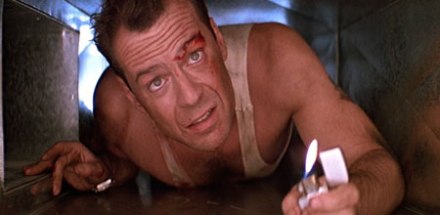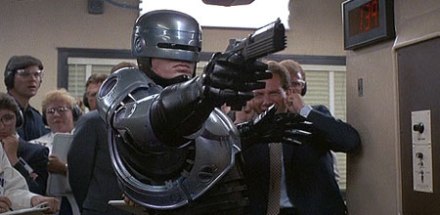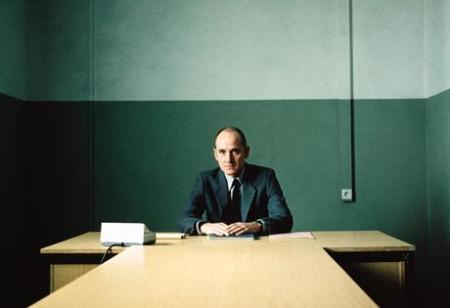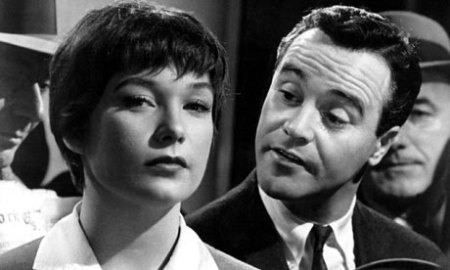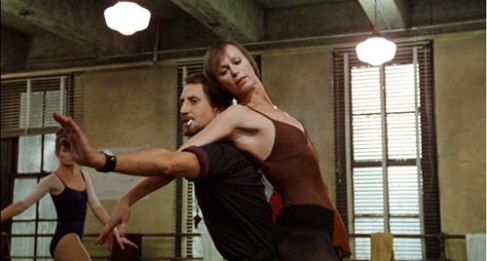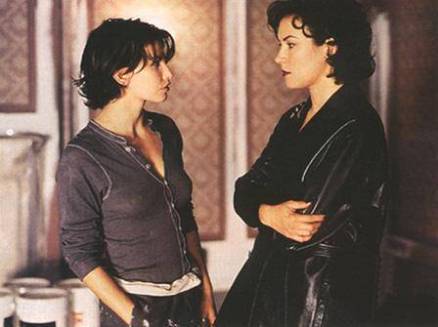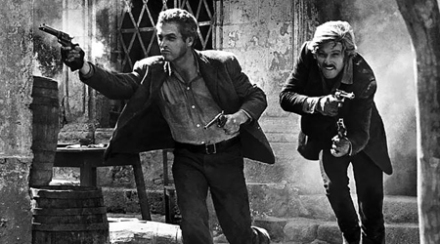The eighties; a decade much remembered for its cheesy action films, but often revered entries with John Rambo, Robocop, Indiana Jones all becoming beloved action heroes throughout. The decade truly represented a great time for action as it found its footing on a more consistent level, providing us with explosive and technically strong films each with their own iconic stars.
John McTiernan’s Die Hard, thought of at the time as just another entry, is arguably in fact one of the finest films of its time. John McClane is our protagonist; a police officer on vacation, dropped into action and tasked with the mission of protecting innocent employees inside the mammoth Nakatomi Plaza building, as it is taken hostage by a group of European terrorists. Bruce Willis, who portrays McClane, is honestly a revelation. This early in his career, it was a gamble by McTiernan to cast Willis, but I cannot think of a man better suited to the role than him. Bruce Willis takes the character with both hands and makes him his own man, utilising every skill he has to provide us with the quintessential action movie saviour of the 1980’s.
Willis’ portrayal of McClane without a doubt is the standout element of Die Hard, but in the opposing corner Alan Rickman does some incredible work. Rickman’s thick accent, matched with his intimidating presence make him one of the most destructive antagonists in action history. The two stars of Die Hard are impeccably cast and whether they’re conversing over a CB radio or face-to-face, there’s something truly cinematic about how greatly the dialogue is incorporated. Despite the serious nature of the situation they find themselves in and the dramatic differences between the two, Rickman and Willis always allow their characters freedom to breath, and it’s easily the greatest usage of talent in any action film made before or after 1988.
Die Hard is a true great of the action genre and whose sharp, quick-witted dialogue has such a wonderful replay ability about it. Bruce Willis has never been better. As an extra note, it makes sad to be writing this on the day that the fifth entry in the seemingly never-ending franchise A Good Day to Die Hard currently sits on a Rotten Tomatoes score of 12%.
85/100
